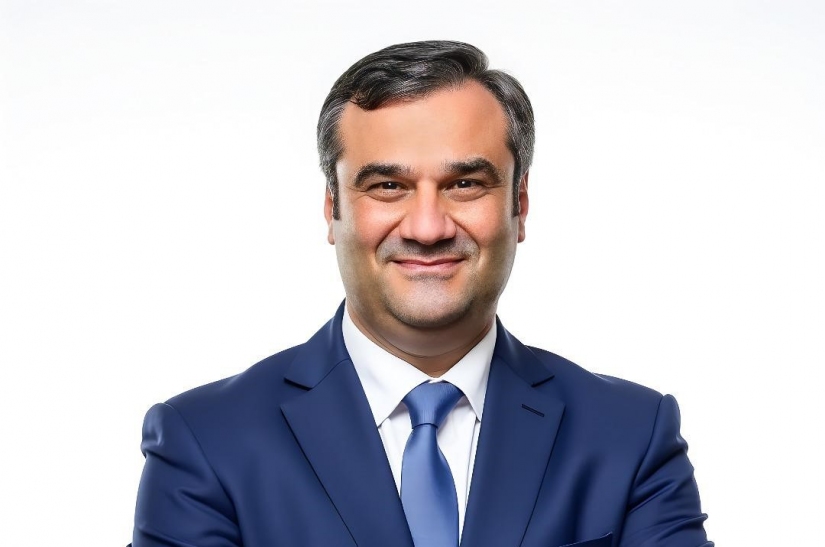Exclusivity: The Launch of the "New Lira" is a Pivotal Station for Strengthening Financial Sovereignty and Facilitating Transactions

The Governor of the Central Bank of Syria, Dr. Abdul Qadir Al-Hosri, confirmed that the decision to change the national currency "represents a pivotal moment in the country's history and comes in the context of enhancing financial independence after political liberation and the fall of the fallen regime". This was stated in a special interview with "Syrian News Channel".
Al-Hosri explained that the printing of the new currency, which is named "New Lira" for accounting differentiation purposes, "goes through multiple and complex stages that require high technical and administrative preparations," noting that "two committees have been formed, a strategic and an operational one, to follow up on the stages of printing the currency and ensure its smooth implementation".
Al-Hosri pointed out that "the decision to remove two zeros from the currency has been definitively settled," emphasizing that "this step will not affect the real value of the lira, but aims to facilitate daily accounting and commercial operations". He added that "removing the zeros represents a new beginning that we hope everyone will participate in".
He stressed the technical nature of the process, saying: "This process does not involve an increase in the money supply, but rather a replacement of the current notes with new ones only". He also confirmed that "the currency replacement process does not mean issuing additional money, but falls within the framework of controlling the money supply and maintaining market stability".
Al-Hosri revealed details about the new currency, indicating that it "will consist of six different denominations that are currently being printed, and it will have high-level security features to protect against counterfeiting".
To ensure a smooth transition, the governor announced the launch of "a comprehensive awareness campaign to inform citizens about the replacement mechanisms and their steps," explaining that "every citizen will be able to register replacement amounts in advance, allowing them to withdraw without delay". He expressed his confidence in the citizens, saying: "The bank bets on the awareness of the citizen and their trust in national institutions".
In parallel with the currency issuance process, Al-Hosri indicated that the bank "is working on developing the electronic payment system to facilitate transactions and enhance the efficiency of the financial system". He also confirmed that "the main goals of the bank are the stability of the financial sector, enhancing the confidence of depositors and investors, and lifting the restrictions imposed on withdrawals within a specified timeframe".
In the context of stimulating the economy, he announced that "licensing new banks will contribute to stimulating investment and revitalizing the economic cycle," stressing that the central bank "monitors the compliance of banks with the procedures and works to intervene immediately to address any issues that may arise, ensuring the stability of the exchange rate, controlling inflation rates, and maintaining trust in the Syrian lira".
In conclusion, Al-Hosri confirmed that the central bank "is currently working according to open global visions aimed at integrating the national financial system into the international economic system, which represents a qualitative leap in the history of Syrian banking". He described the bank as "a manifestation of national financial and economic sovereignty and one of the oldest monetary institutions in the region," considering that "the Syrian lira has today become a symbol of liberation and sovereignty".